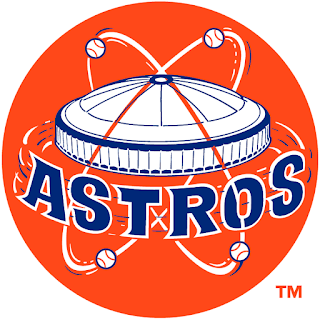First, the scores. Overall the year was a bit...underwhelming. There were some good ones, and one in particular was played over and over as I drove around the Midwest this summer. But, at least there is enough to make this list:
Scores
Best Action: San Andreas (Andrew
Lockington)
Best Family Movie: Inside Out (Michael
Giacchino)
Best Drama: Bridge of Spies (Thomas
Newman)
Best Science Fiction: Mad Max: Fury Road
(Junkie XL)
Best Superhero: Ant-Man (Christophe Beck)
Best Overall: Bridge of Spies (Thomas Newman)
Track of the Year: Brothers in Arms (Mad
Max: Fury Road, Junkie XL)
Composer of the Year: Michael Giachhino
San Andreas was a huge surprise, I finally listened to it a few weeks ago and was blown away. Mad Max was my driving go-to score this summer. Bridge of Spies was a great example of a composer (Newman) being inspired by another composer (John Williams), yet keeping it his own. Other good scores not mentioned here: The Good Dinosaur, In the Heart of the Sea, Jurassic World, Kingsman, Mission: Impossible-Rogue Nation, Star Wars: The Force Awakens.
Now, for the movies. Again, I did not see many this year (full list at the bottom), but there was enough to fill out the awards:
Movies
Motion Picture: Ex Machina
Director: George Miller (Mad Max: Fury Road)
Actor:
Matt Damon (The Martian)
Supporting Actor: Mark Rylance (Bridge of Spies)
Actress:
Alicia Vikander (Ex Machina)
Supporting Actress: Rebecca Ferguson (Mission: Impossible - Rogue
Nation)
Cinematography: Mad Max
Ensemble: Ant-Man
Action Sequence: The Cavern (Mad Max: Fury Road)
Funniest: Ant-Man
Most Emotional: Inside Out
Must Watch: Ex Machina, Mad Max: Fury Road, Mission:
Impossible-Rogue Nation, Star Wars: The Force Awakens
Very Good: Bridge of Spies, Inside Out, The Martian
Entertaining: Ant-Man, Jurassic World, Spectre, The Good
Dinosaur
Disappointing: Avengers: Age of Ultron, Pitch Perfect 2, The
Hunger Games: Mockingjay Part 2
Please Don't Waste Your Time: Fantastic Four, Terminator Genisys
Ex Machina admittedly is not for everyone, nor is Mad Max. The unfortunate thing for Spectre was, after a great opening scene, it seemed like a less interesting version of Rogue Nation. Fantastic Four was one of the worst superhero movies I've seen, and Terminator was a ridiculous mess. Thankfully I watched the former on a plane and the latter I rented for 99 cents, so I did not waste too much money on them.
And finally, some movies to hopefully look forward to in 2016:
10 Cloverfield Lane
Batman v Superman
The Jungle Book
Captain America: Civil War
Finding Dory
Independence Day Resurgence
The BFG
The Legend of Tarzan
Star Trek Beyond
Jasone Bourne
Suicide Squad
Doctor Strange
Fantastic Beasts and Where to Find Them
Rogue One
Assassin's Creed
Passengers

















































